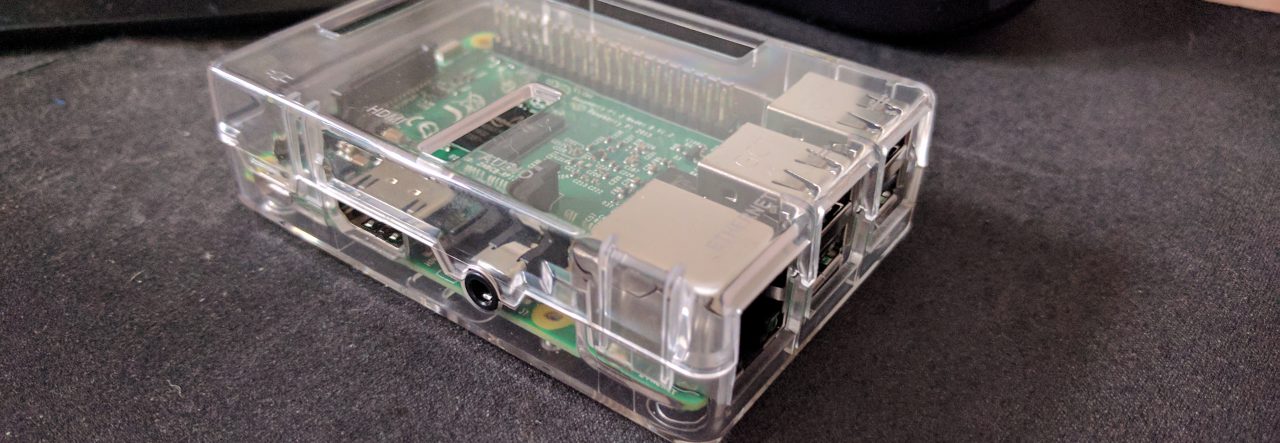Over the last two weeks I have been embarking on quite an adventure (or perhaps “misadventure” would be a better word) trying to get a small email server up and running on my Linux computer at home. Why would I want such a thing, you ask? Well, I have been setting up automated services on this machine…and I want those programs to be able to email me should something go wrong. That way, I don’t have to keep checking the computer…I know it will contact me if something is amiss.
Given my needs, I only need the ability to send email…not receive it.
So first I tried to configure SendMail, a well known Linux/Unix emailing program, to send emails through to my internet service provider (ISP) for final delivery. WHAT A MESS! I’ve had root canals that hurt less than trying to configure SendMail!
After countless hours of frustration, I deleted sendmail from the computer and installed Exim…a full-featured (and more recent) email server. The configuration for this software is much better documented…but I am still having a lot of problems with the setup. I have not invested anywhere near the amount of time in Exim that I did in SendMail…so there is still lots of exploring to do. I think in time I *will* be able to get Exim to do what I want…with an added bonus.
Also on my home computer network is a DLink NAS: a “network attached storage” device that provides all of the computers in our home with a place to store, backup, and share files on the network (without having to have a dedicated computer handling the traffic…the NAS has all the smarts necessary to make the hard drives available to users on the network). This NAS has features such that I can have it run diagnostics on a nightly basis and then email me the results. Sadly, the firmware on this device ONLY sends email on port 25…a port that is blocked by my ISP. Since there is no way to change this setting (I’ve checked with the manufacturer), I am stuck. However, once I get Exim up and running, I could configure the NAS to send its email to Exim running on my Linux computer, and then have my Linux computer forward the email to my ISP on the special port required.
All of this is fun, and more than just a little bit frustrating! However, I look forward to getting all of this working.
If you are curious as to why it is so complex and difficult to set up an email server, it has to do with the fact that email spam has gotten so bad over the years, that more and more rules and protocols have been instituted to try to cut down on all of that junk email. As such, more and more is required of modern day email servers in order to satisfy these growing requirements. There really won’t be any relief in the future for all of these”anti-spam” kludges until the email protocols themselves (designed way back in the early days of the internet…and with no knowledge of today’s hostile Internet environment) get reworked. However, since SO much software today relies upon the old email protocols, making such a change is difficult.
Until next time…

